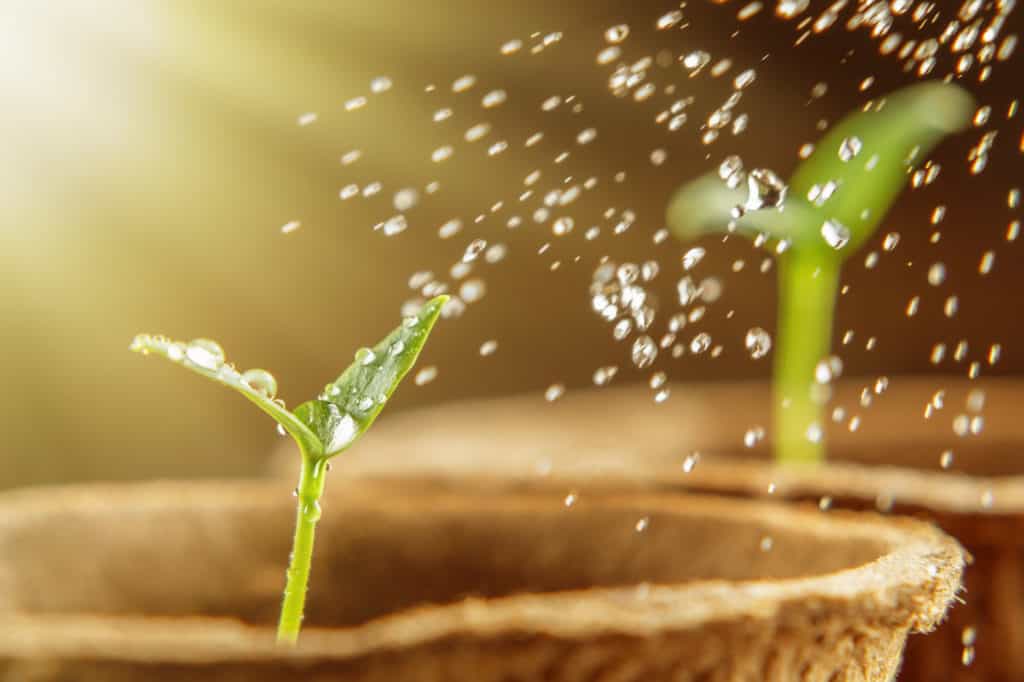
Following best practices when taking care of your plants can save you a lot of time reinventing the wheel and keep you from losing more plants than necessary to the compost pile/plant graveyard. Watering is no exception. Choosing the right time of day to water can be a life-or-death matter for your outdoor plants. So, when should you absolutely avoid watering your plants?
As a general rule, midday and evening are the worst times to water plants. The day’s temperature peaks at noon, evaporating any water given to the plant before the roots are adequately soaked. In the evening, prolonged wet foliage and stems become susceptible to pathogens that can cause diseases.
Besides the time of day, there are other reasons you may not want to water your plants, if you would like to learn more, check out our articles: 4 Situations in Which You Should Not Water Your Plants or How Dry Should Soil Be Before Watering? – With Helpful Tips
Below, I elaborate further on these problems along with the solution and helpful tips to water your plants the right way:
(As an Amazon Associate, I earn from qualifying purchases.)
Table of contents
The Worst Times to Water Plants
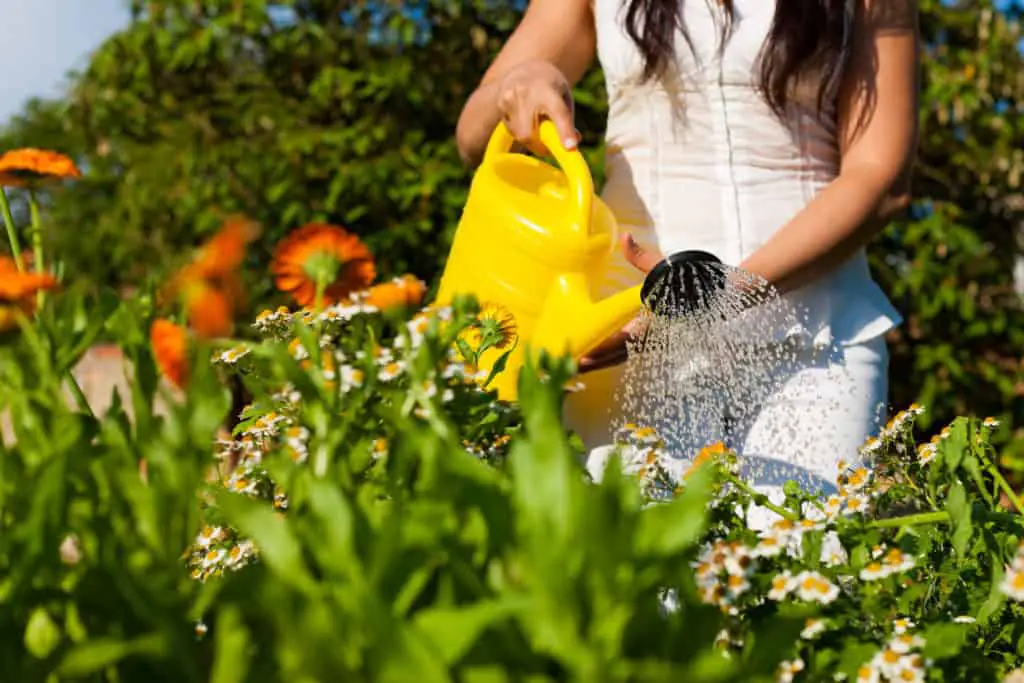
As mentioned in the introduction, mid-day is the hottest and therefore one of the worst times to be watering your plants. This heat makes water absorption harder for the plants because they are trying to absorb water that is now escaping. Instead of hydrating the ground, water that is in contact with scorching heat will evaporate faster than you can say ‘hippopotomonstrosesquippedaliophobia’. And let’s be honest, who wants to be standing out under the full sun at this time of day anyway? You’ll be doing yourself and your plants a favor by not watering mid-day.
As for evening watering, some might argue that it is fine and they even prefer it. So, is it bad to water plants at night? As a whole, it’s not a good practice to water at night if you’re doing overhead watering. Wet splotches on the leaves make it easy for pathogens to fester and grow. However, it is possible to more safely water your plants at night using a soaker hose, drip irrigation, a watering wand, or a can with a long spout (Amazon product links) directed straight at the soil. The key is to avoid splashback on the leaves; if you can do that, then your plants are unlikely to run into problems that are common with overhead-night-watering.
If you would like to know more about night watering check out our article: Is It Bad To Water Plants At Night? The Truth You Need To Know
In summary, when should you not water your plants? Mid-day mainly and late evening if you have overhead-watering/sprinklers. This brings us to the next topic …
The Best Times to Water Plants
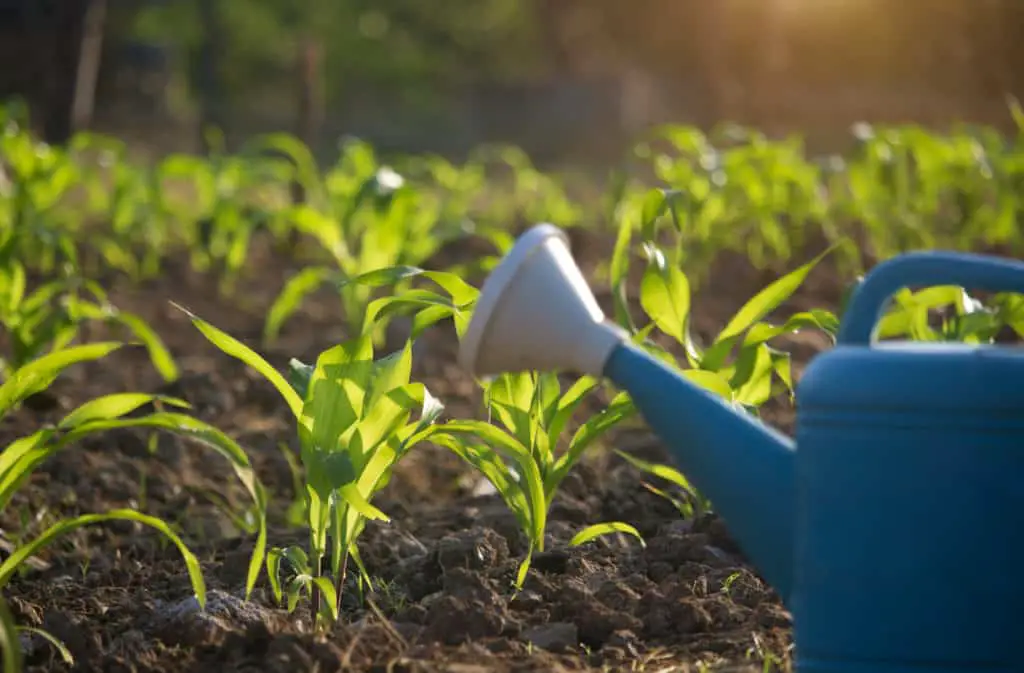
- Early morning, ideally before the sun rises.
Have you ever wondered why farmers get up so early in the morning to tend to their crops and flocks? The sun isn’t out yet, and the air is cool enough to get many things done. Watering your plants during this time gives them a chance to quench their thirst and store water away for the rest of the day. So don’t worry if plants seem to wilt a bit during the peak of the day; it’s a natural protective mechanism to ensure it doesn’t lose water.
But let’s be honest, some people aren’t just morning people. They tend to water their plants in the evening when they don’t have time in the afternoon. But between the two, is it best to water plants in the morning or evening? Morning watering will always be the better option. It nourishes and refreshes the plant for the day as it photosynthesizes. While evening watering may be acceptable, provided it is directed at the soil level only.
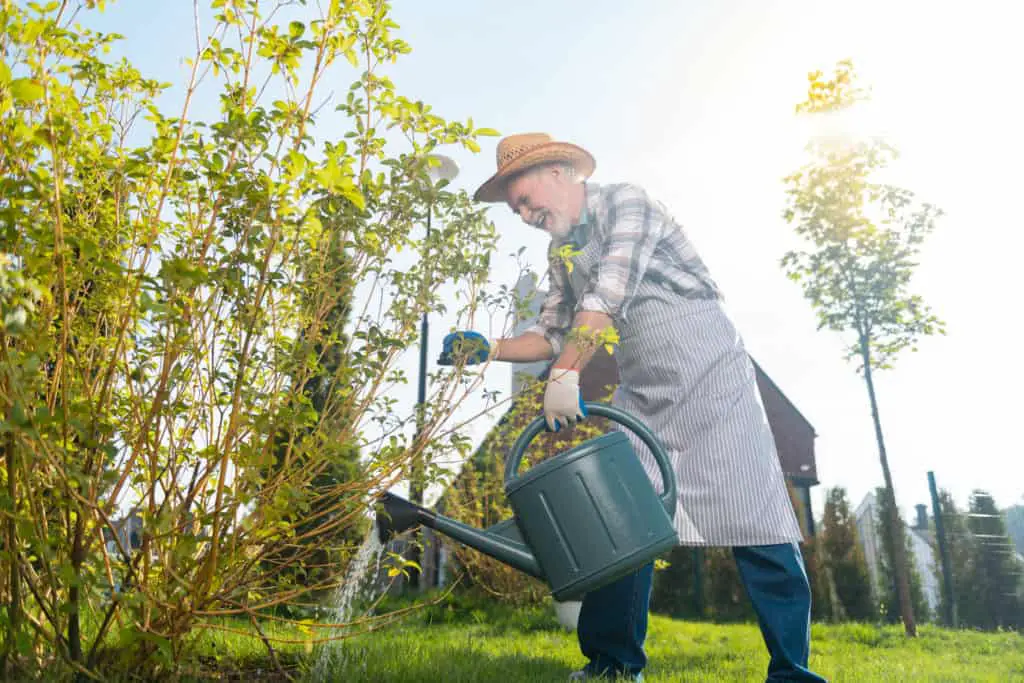
- Late afternoon when the sun isn’t too hot.
Using drip irrigation or a soaker hose (Amazon links) is better suited if you water during this time. This is simply because you don’t have the benefit of the sun’s heat drying off the plant’s leaves completely before night falls. So you need to water at soil level to give the roots plenty of moisture to take up. Not only that, the plants will significantly benefit from a thorough soaking if you don’t have the chance to water them in the morning. During hot spells, your plants may benefit from watering twice a day. Give your plants a fighting chance but, also check the soil’s moisture to make sure you don’t overwater either. Read below for more information on this if you aren’t sure how to check moisture levels.
Watering Tips for Plants 101
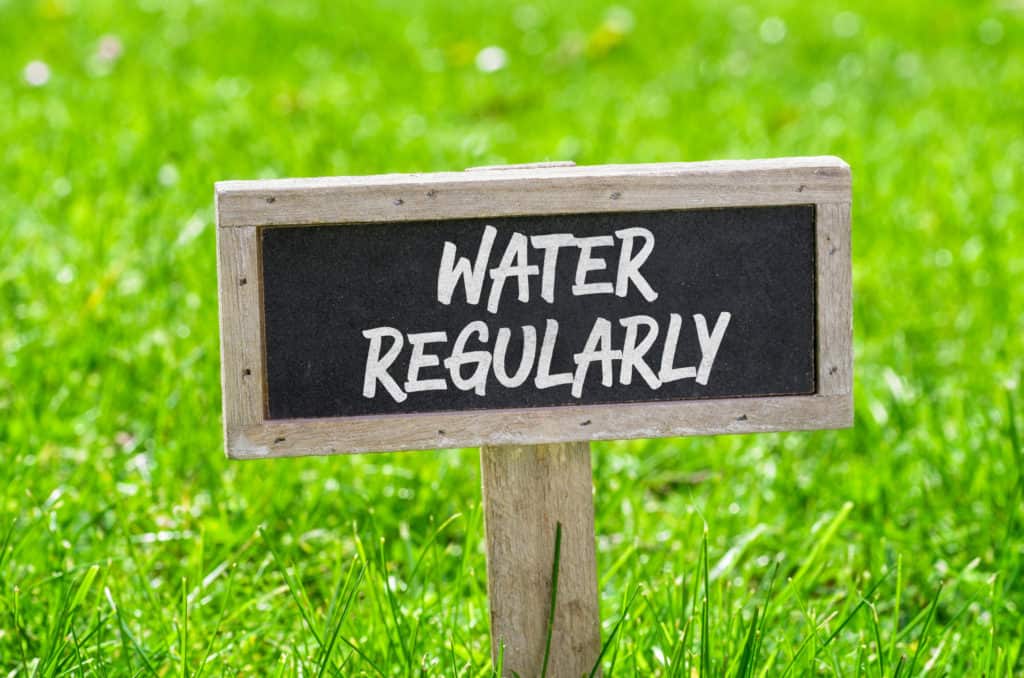
There are several factors to ensure your plants get proper watering. Follow these simple tips and you’ll have the watering procedure pretty well optimized:
- Always check the soil before watering. Get up close and personal with the ground and do the knuckle test if you have to. This is the best and easy indicator to judge whether your plants are underwatered or overwatered. After a while, you will develop an estimated sense of the times when your plants need water. But whenever you’re unsure, the knuckle test is an ol’reliable method to always fall back on.
- Check if the soil in pots or containers has become compact. This can happen with a soilless potting medium after a few years. The water runs through the soil too quickly, leaving no time for the plant’s roots to take up water. The best thing to do with this problem is to repot your plant in a fresh, quality potting mix (Amazon link).
- Water your plants at the soil level. This applies to in-ground and potted plants. The benefit to using this watering method is that you are directing the water where the plants need it, i.e., the roots. Not the leaves which can come with other problems if water is left on them
- Use drip irrigation with a timer. This is a simple but great way to ensure you water your plants on schedule, especially if you’re the forgetful type. You can read more about drip irrigation here in this article.
- Water infrequently but deeply. This may not apply to all plants, particularly seedlings or leafy greens. But this method is a good practice to encourage your plants in growing deeper roots and reach for stored moisture underground.
If you would like to learn more about the water you use for your plants, check out our article: Is Rain Better Than Tap Water For Plants?
All in all, I hope these pointers help you water your plants the right way. Or at least prevent any accidental mishaps. Happy planting!
References:
https://web.extension.illinois.edu/containergardening/watering.cfm
https://news.extension.uconn.edu/2013/12/24/watering-houseplants/
https://hgic.clemson.edu/factsheet/indoor-plants-watering/
https://extension.umn.edu/planting-and-growing-guides/watering-established-trees-and-shrubs
https://extension.umd.edu/resource/watering-trees-and-shrubs

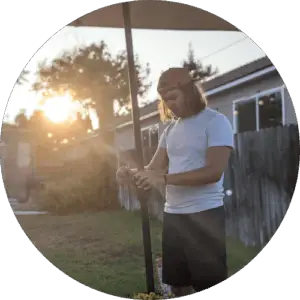
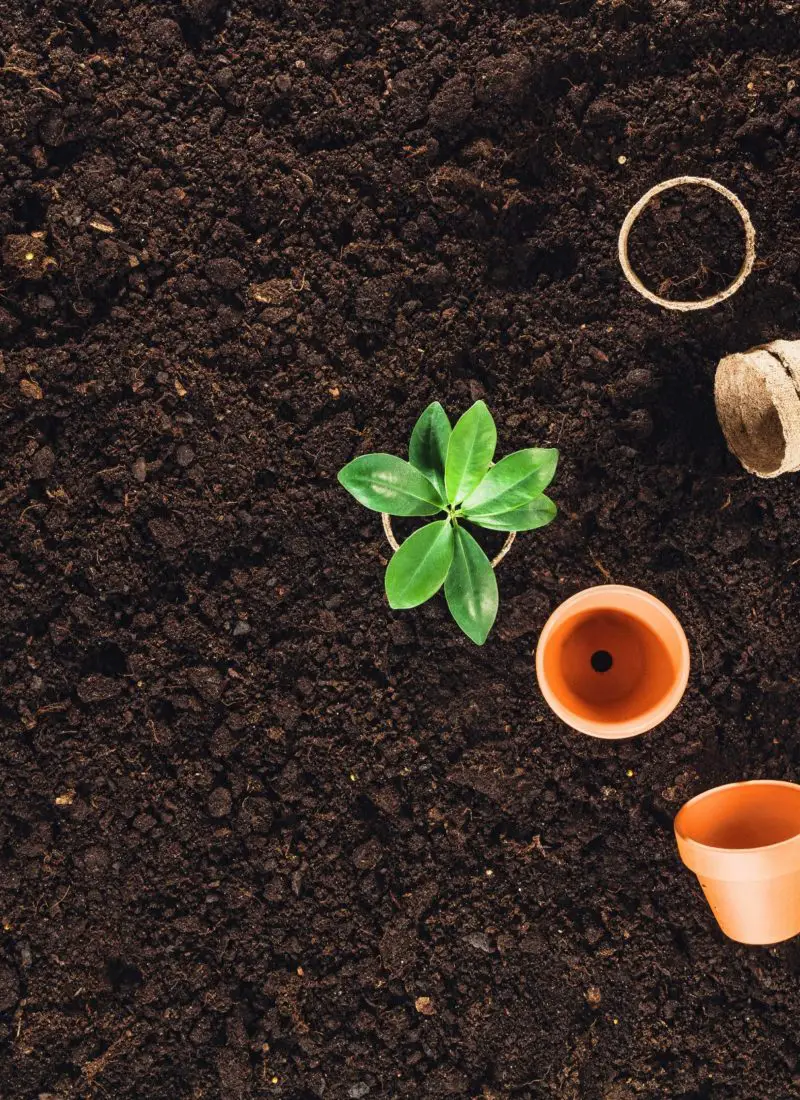
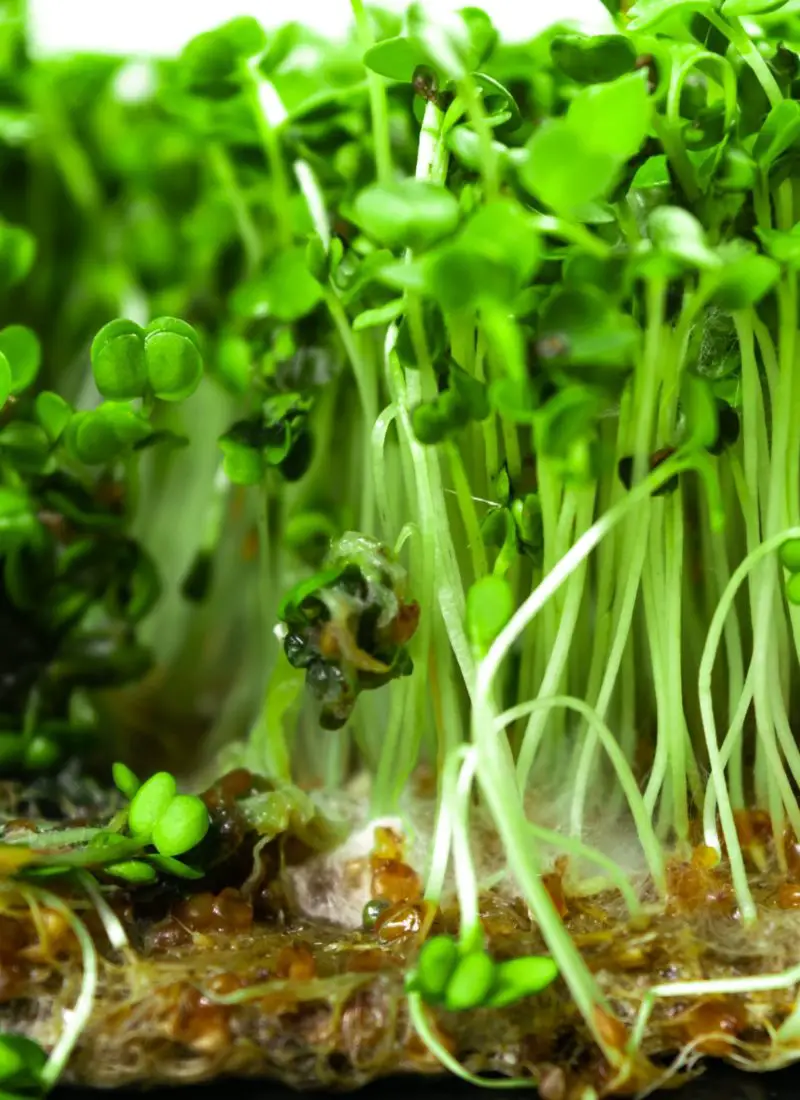
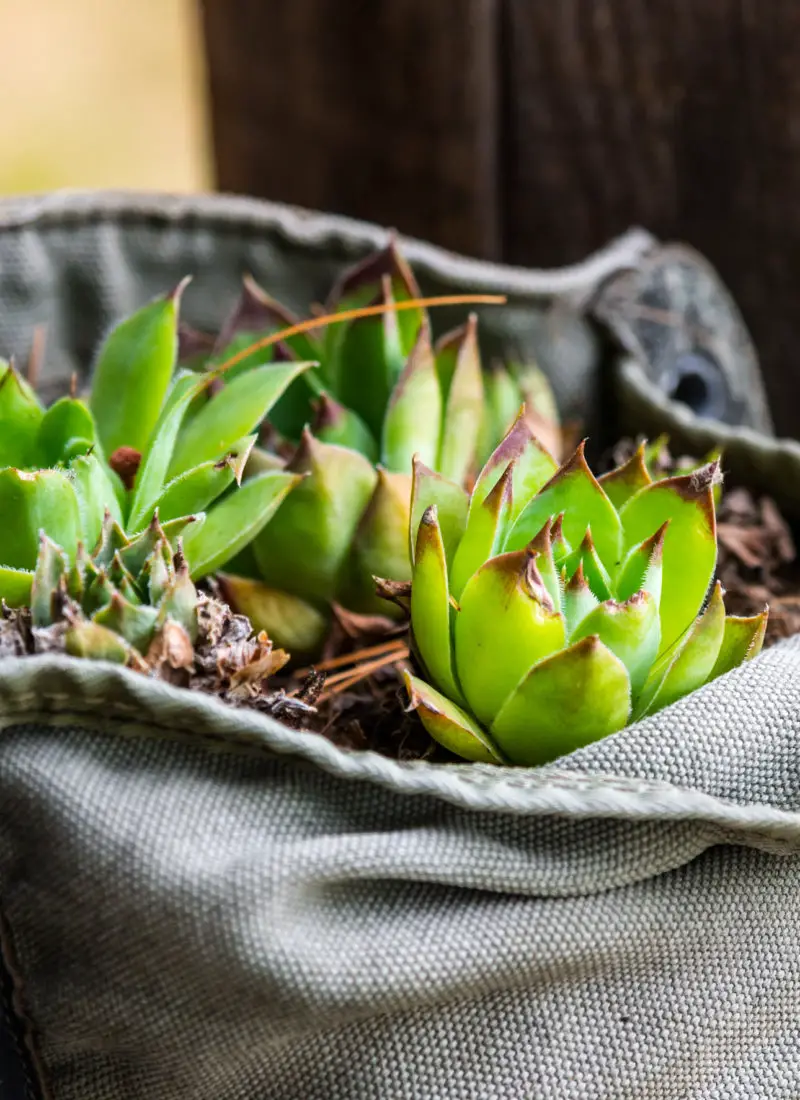
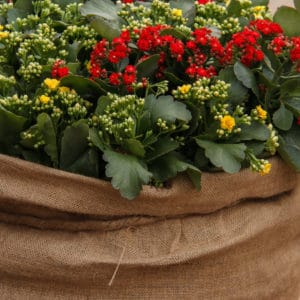

Leave a Reply